Calculating Your Monthly Budget
Now that you know what loan options are available to you, what you can expect to pay as a down payment, and what your likely interest rates will be, it’s time to determine how much you can afford to pay every month, which will then be used to calculate the price range of your home.
Keep in mind that your mortgage costs will be based both on the price of the home and the CURRENT interest rates. A home’s affordability can vary from one day to the next based on the current rates.
Finding a Real Estate Agent in the Raleigh area
Your agent should be someone you know you can trust, an expert in real estate in your area and neighborhood, and very proficient in working with buyers of your experience.
Shopping Homes for Sale in the Raleigh area
Now it’s time for the fun part! You get to start shopping! This is where you get to decide exactly what you want and need in a home, from the type of house or townhouse to the location of the neighborhood to all the exciting interior and exterior amenities you just have to have! Make sure you keep detailed records of the homes you visit, noting things you liked, didn’t like, pros and cons, etc. Taking pictures can also help keep your memory fresh.
Tip: Before you start touring homes, determine the actual selling price of homes in your preferred neighborhoods – not just their listing price – to get a better idea of the actual affordability of the location.
Making an Offer
You found the perfect house, and now it’s time for your and your agent to sit down and discuss your offer. It’s important to work together to determine a price you can comfortably afford but will also be a realistic offer for the seller to accept and will not be dismissed against any competing offers the seller might receive.
What Will I Pay Upfront?
Earnest money:
Down Payment:
Closing Costs:
Requesting a Home Inspection
If the seller accepts your offer, it’s time for a home inspection. Before you close, you’ll want to have an experienced professional walk the house to ensure that there aren’t any lingering problems or maintenance issues that might not be visible at first glance. You don’t want to be hit with a serious maintenance or structural issue right after you move in. If necessary, you can request that the seller repair any issues you find.
Closing
If everything looks good, it’s time to sign the paperwork, make final negotiations and payments, and get your keys!

